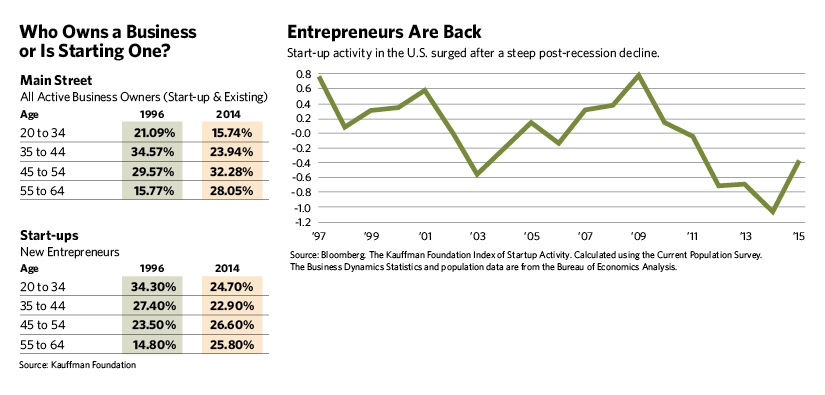And it can mean, advisors caution, that what once seemed to be a wonderful idea turns into a money pit that could rival the normally reckless spending of our central government.
“I tell those who want to start a business that they must have been able to be financially independent for three to five years,” says Kenneth J. Shapiro, an advisor with the Livaccari Shapiro Group, a New York-based firm that is part of UBS and works with entrepreneurs.
That’s the amount of time it often takes for many start-ups to actually yield significant income, he says. Entrepreneurs also must be ready to seek business opportunities wherever they can find them. He notes one of his New York clients had to pursue his dream in Texas.
“Will your wife and kids be ready to do that?” Shapiro asks. “You need to understand that before you enter into the venture.” Shapiro is a former entrepreneur himself, having done well with one firm and done badly at another.
Good Ideas and Bad Ideas From Hell
Leah Miller, an advisor in Charleston, S.C., looks critically at the entrepreneurial ideas of clients. Some, she believes, make sense. Others could lead clients
to misery.
“One client in his 60s wants to put $250,000 into a battery franchising business. And he has no experience in this kind of work. What if that doesn’t work?” Miller asks.
She says clients should be put on the spot by the advisor, who should ask a series of questions: “Do they know anything about the business? Do they really like it? And are they ready to compete with a 28-year-old who might be ready to work seven days a week?”
But Miller has another client who she believes has a sensible plan—to start a warehouse consulting business after a career as a warehouse supply manager. “She already has the tools for her business and all she has to pay to start her business are some marketing costs. She already understands this business, and it won’t cost her a lot of money.”
Miller tells clients the start-up costs should never compromise their financial independence, which has taken many of them decades to achieve.
Today We’re Setting Fire To Your Money
Miller asks clients who want to become entrepreneurs the following: “Let’s take all the money you’re planning on using to start a business. Let’s add 10% to that since start-ups always seem to cost more. Now let’s burn up all that money. Would you be able to live with that?”
If the answer is no, Miller adds, then forget about the start-up.









